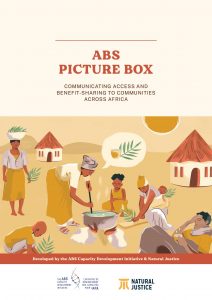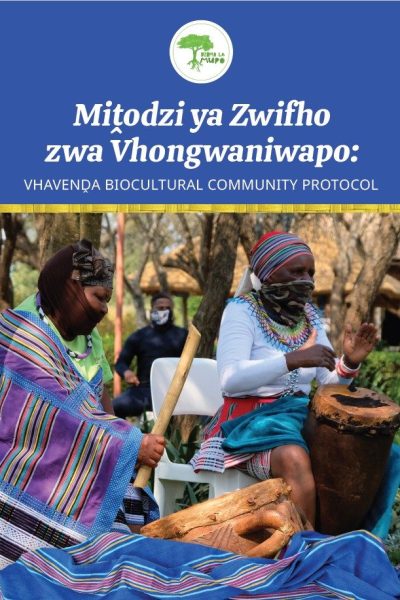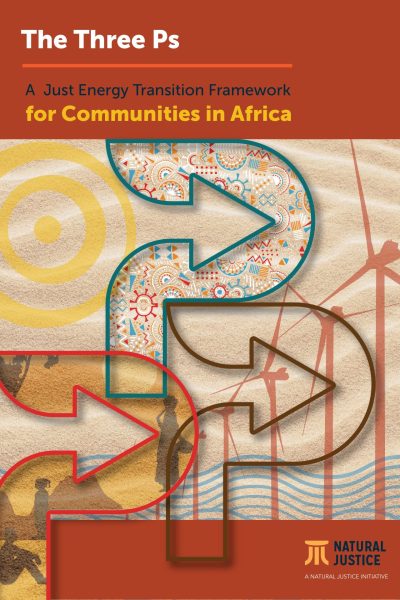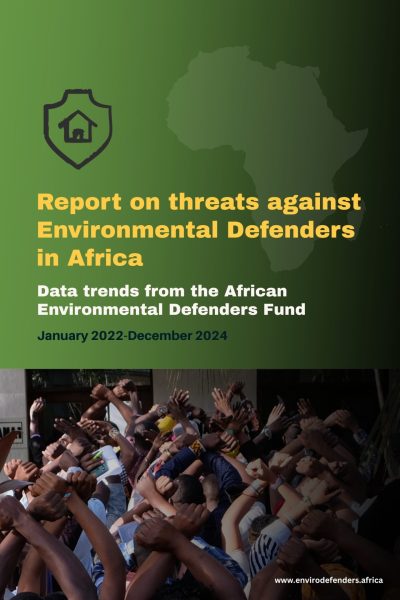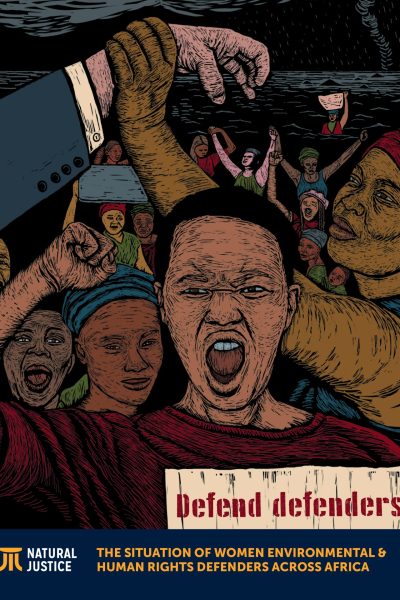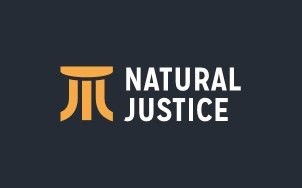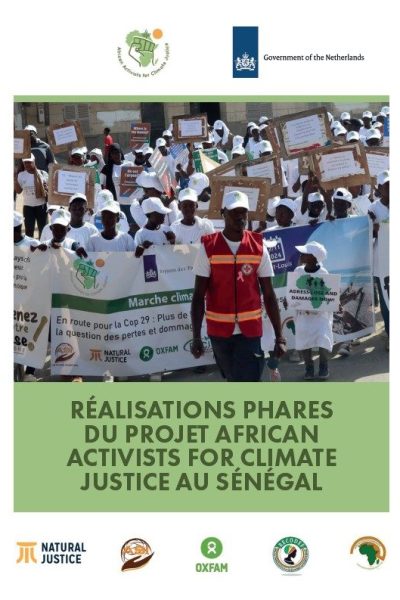Natural Justice and the ABS Capacity Development Initiative (ABS Initiative) are excited to introduce a new tool to be used to communicate the concept and process of Access and Benefit-sharing (ABS) to community audiences. The ABS Picture Box is a series of images intended to explain what this concept is, outline the process of consent and ensure a fair and equitable outcome for those communities that may be entering such a process.
The tool can be used by individuals, non-governmental organisations, civil society groups, community-based organisations or others working with Indigenous peoples and local communities across Africa. It is an interactive tool containing a series of pictures and an accompanying manual, which will help the person to broadly explain each aspect of ABS and the roles and opportunities of Indigenous peoples and local communities in its implementation at country level.
The ABS Picture Box is specifically intended for communities that have been or will be involved in ABS in some way in the near future. The goal is to ensure that they are well-equipped and empowered to play a meaningful role in ABS implementation and ultimately to ensure fair and equitable benefit sharing if their traditional knowledge and genetic resources are utilised.
ABS (briefly) explained
Access and benefit-sharing recognises that Indigenous peoples and local communities are the custodians of their lands and natural resources. Their traditional knowledge and practices, which are embedded in their cultural heritage, play an important role in the conservation and sustainable use of biodiversity, as do their customary laws and local governance structures.
Under the Nagoya Protocol on ABS, the utilisation of communities’ knowledge and biological / genetic resources can be governed under formal contracts, ABS Agreements, which benefit the community and ensure that their prior and informed consent is attained by those seeking to utilise their knowledge or resources. ABS can promote equity, fairness and the respect for customary and traditional knowledge.
Using the ABS Picture Box
Walking a path with a community towards the implementation of ABS legislation can be long and difficult. The first point of contact can be eased through the correct information-sharing on ABS, which these picture cards can facilitate.
We encourage anyone using the picture cards to print them out, together with the manual, to be used on site when interacting with the community. They are available in an A1 or A3 format and are available in both English and French.
A training using these cards may take a few days. It is important to familiarise yourself with the contents ahead of time and ensure you are well versed in the ABS laws of the country in which the community resides.
Use of the ABS Picture Box is for the benefit of the communities. The ABS Picture Box shall not be sold, nor a profit derived from its use, except in relation to pre-determined facilitation fees.
Please note that the ABS Picture Box is still in its development phase. We are currently gathering first experiences using it and would be grateful for your feedback. If you have any comments or recommendations, please contact Natural Justice (info@naturaljustice.org) or the ABS Initiative (abs-initiative@giz.de).
ENGLISH VERSIONS
Manual
A3 files for Picture Cards for printing
A1 files for Picture Cards (for printing)
The ABS Capacity Development Initiative is currently funded by the German Federal Ministry for Economic Cooperation and Development (BMZ, host of the Initiative), the Norwegian Ministry of Foreign Affairs, the EU (through 11th European Development Fund, under the ACP-EU Partnership Agreement) and the Swiss State Secretariat for Economic Cooperation (SECO). Established in 2006, the Secretariat of the Initiative is located at the headquarters of the Deutsche Gesellschaft für Internationale Zusammenarbeit (GIZ) GmbH in Germany.

